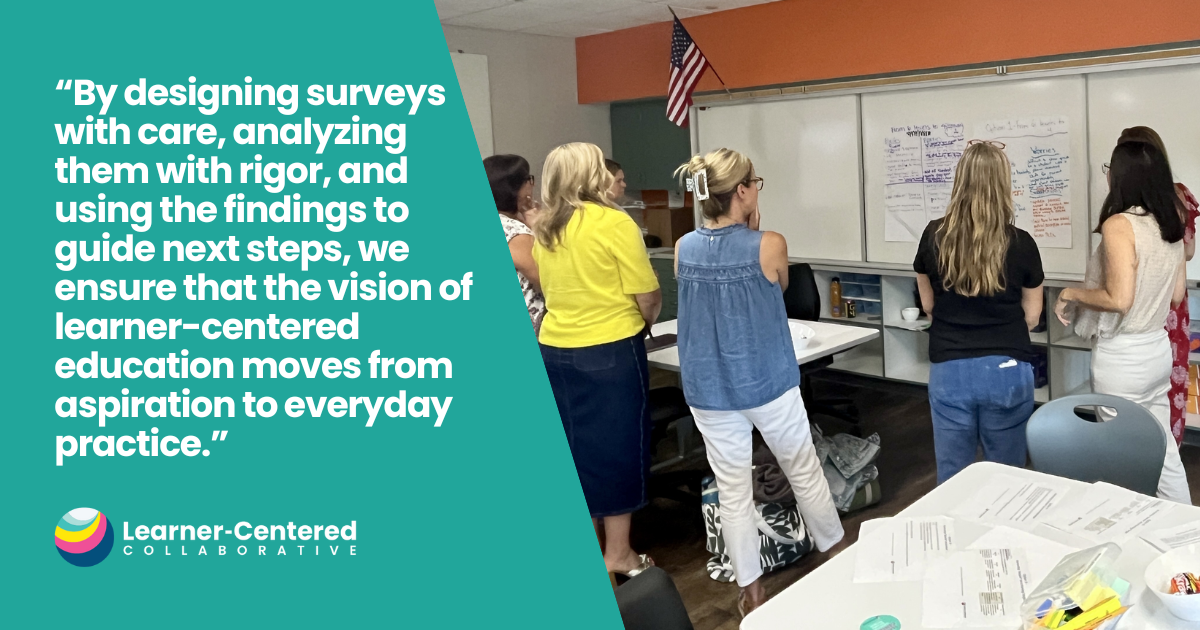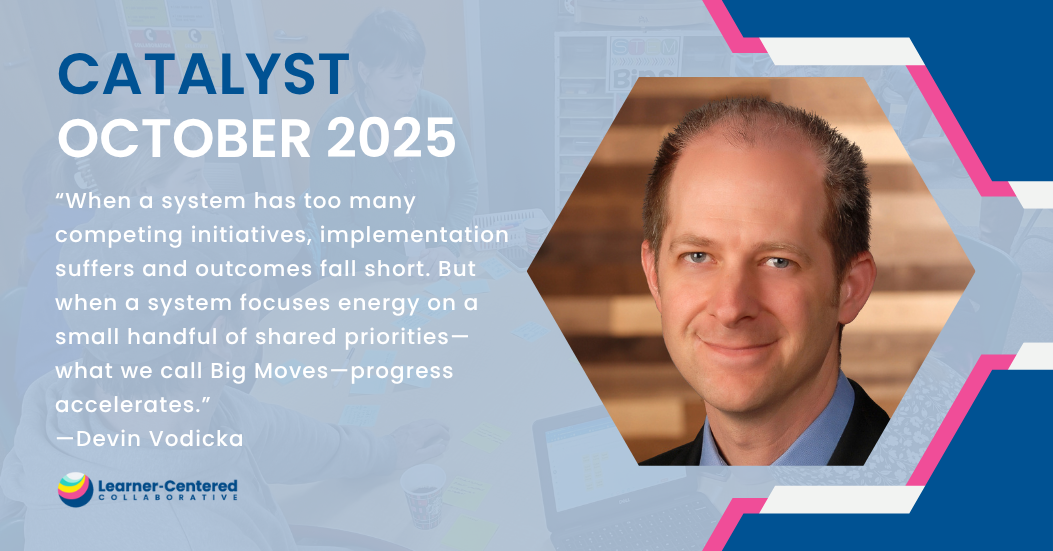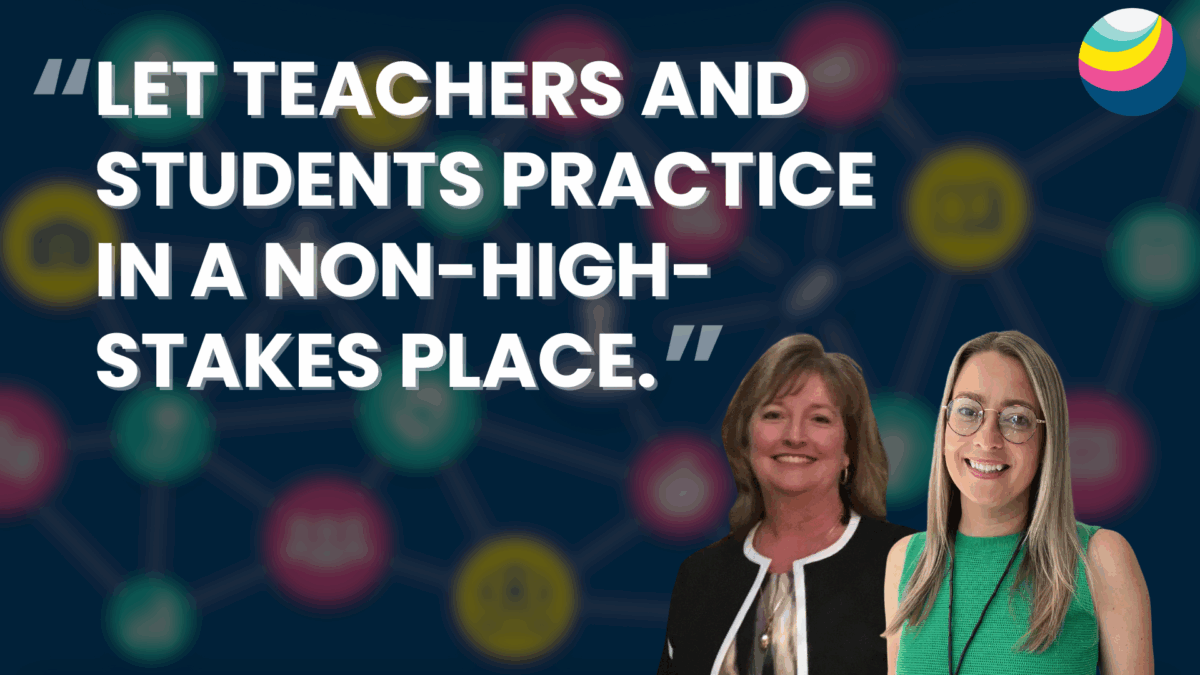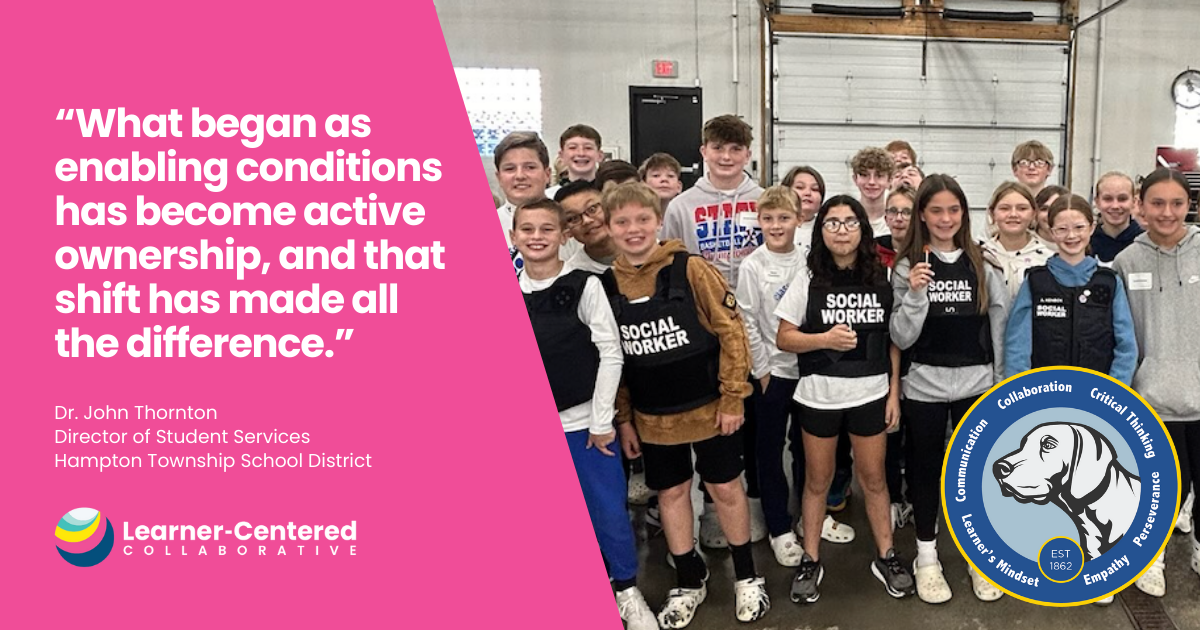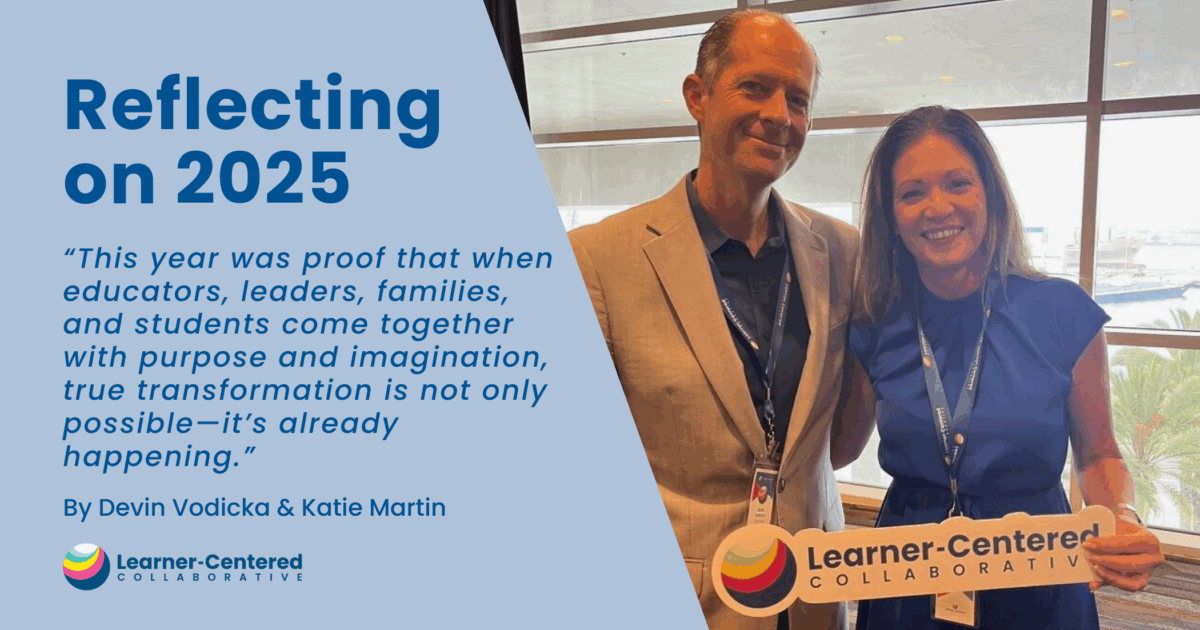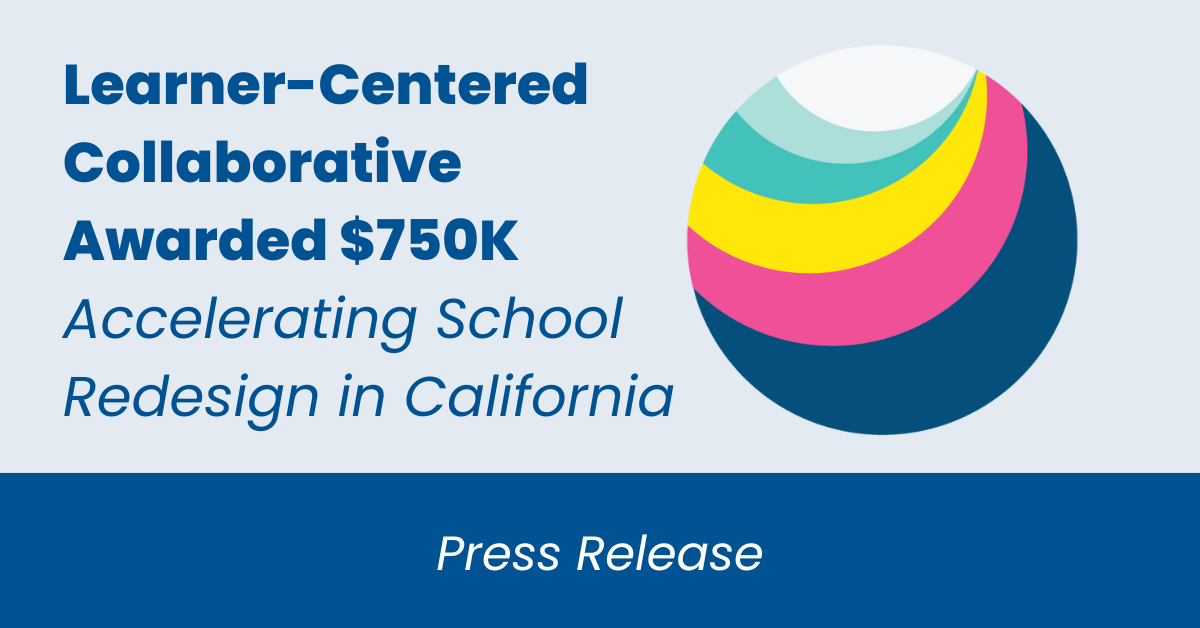How a Small School System Created Big Impacts in Learner-Centered Education
Co-authored by Stacy Penson, Director of Elementary Level at The Innovative School, and Catina Hancock, Partner at Learner-Centered Collaborative

The Innovative School’s journey from a Reggio-inspired preschool to a thriving two months-5th grade program exemplifies the power of small systems to drive big changes in education. Our story is one of growth, challenges, and triumphs as we’ve expanded our learner-centered vision, partnered with Learner-Centered Collaborative, and worked to create an educational environment that puts learners at the center. Our story – from expanding our vision to codifying our educational approach – provides insights into the potential for small systems to shape the future of learning.
Expanding From Preschool to Elementary
The Innovative School began its journey as a Reggio-inspired preschool in 2006. As our families sought to extend the outstanding educational experiences their children enjoyed in preschool into the elementary years, we recognized an opportunity for growth.
After much thought and planning within the Administrative Team and in conjunction with the Temple Beth Sholom leadership and Board, we decided to expand beyond our pre-school. In the fall of 2016, we launched our first pilot kindergarten class of eighteen learners.
Since then, our Elementary Level has expanded and thrived. For the 2024-2025 school year, we’ve grown into a K-5 grade school with ninety-two learners currently enrolled.
Our Partnership with Learner-Centered Collaborative
To honor the high-quality foundation of the Innovative School’s preschool level, we partnered with Learner-Centered Collaborative from the inception of the Elementary Level. After graduating our first fifth grade class in 2023, we embarked on a journey to codify our core program elements. This Framework process aimed to define whole-learner outcomes, expand learning experiences (including educator core competencies), and create key enabling conditions for learner-centered transformation.
A Framework for the Future serves as an ongoing reference for all to understand the why, how, and what of the system’s vision. It provides clarity to help navigate ambiguity, allows for creativity and flexibility with constraints, and supports coherence and distributed decision-making. Our Framework would become the guiding document that articulates our unique blend of Reggio-inspired principles and learner-centered practices, ensuring consistency and quality across all grade levels.
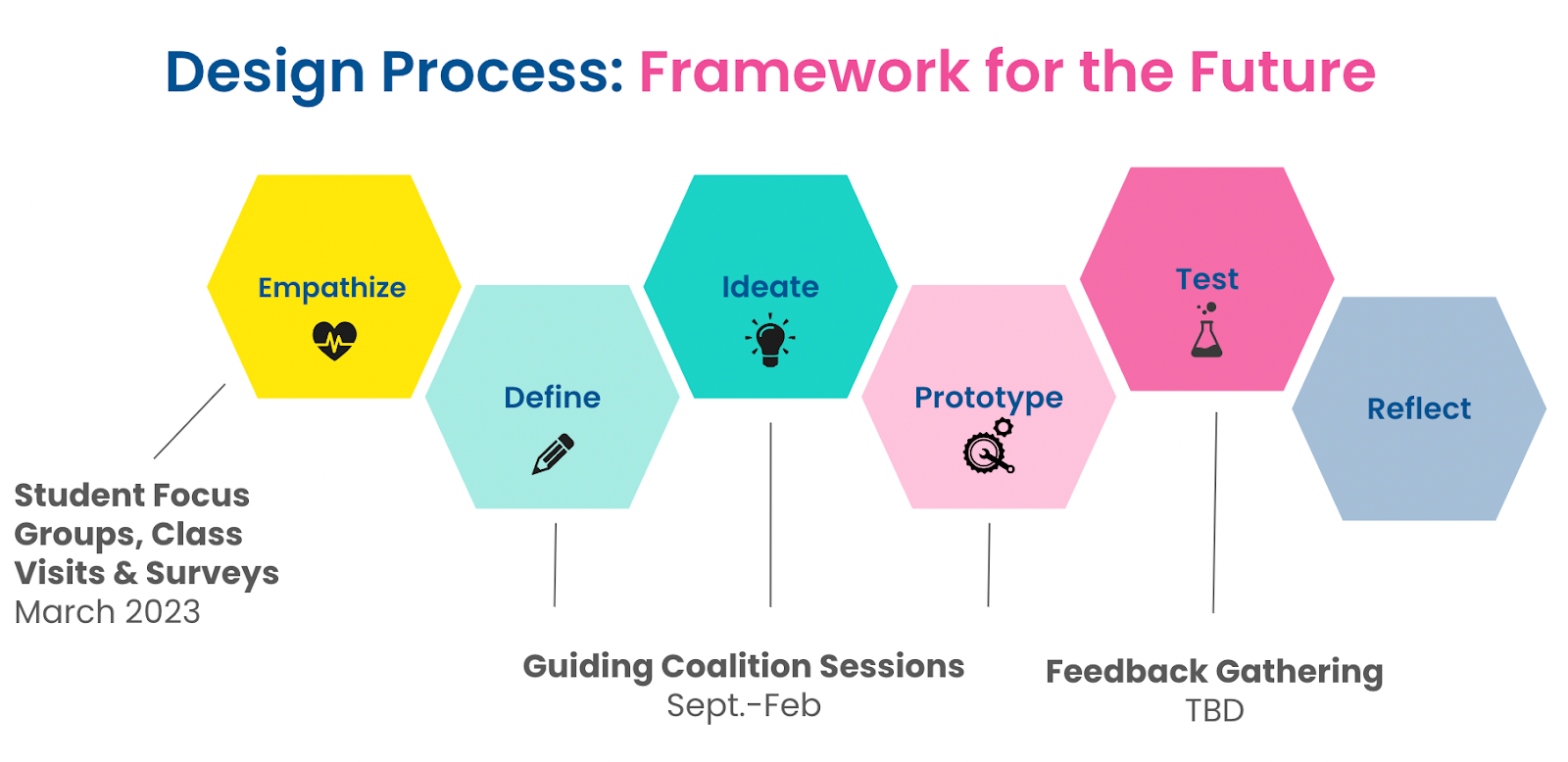
A Year of Growth
Our journey with Learner-Centered Collaborative unfolded over the course of a year:
- Spring 2023: Catina, Partner at Learner-Centered Collaborative, visited our school. Using Design Thinking, she empathized with educators, learners, parents, and staff, sharing findings on bright spots, opportunities, surprises, and wonders.
- August 2023: We formed our Guiding Coalition, deepening our understanding of the current educational landscape and the shifts required for a learner-centered system.
- September-October 2023: We aligned our vision, mission, and values, drafted a learner profile and progressions, focusing on essential knowledge, skills, and dispositions for our learners’ success.
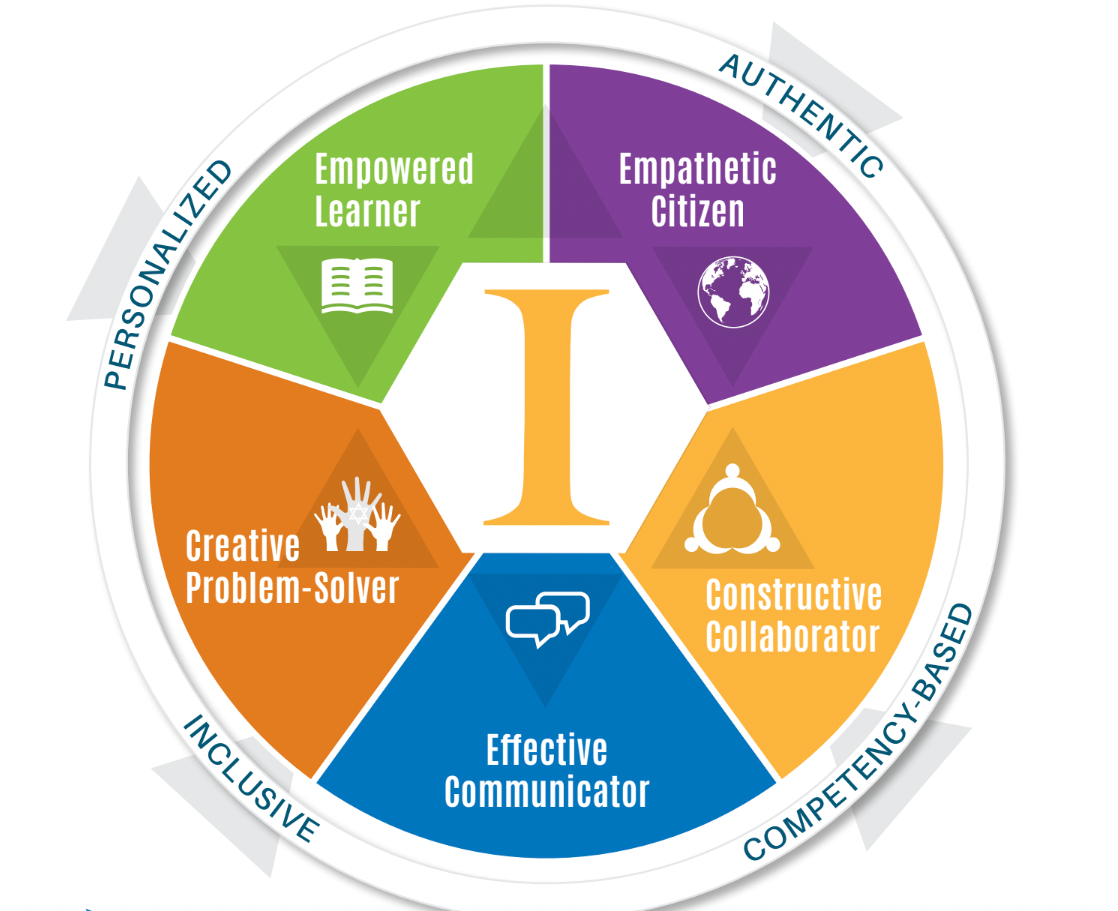
- November-December 2023: We defined our Learning Model.
- January-February 2024: We created a Strategic Plan.
Explore the 4 essential elements your Framework for the Future needs here.
Throughout this process, we aligned our existing Reggio Approach with the Framework’s clearly defined values. Streamlining these values and practices within our unique framework allows us to communicate our goals with families, create measures of accountability for our educators and learners, and share our model more clearly with the community of Miami.
Small Systems, Big Impact
Our journey with Learner-Centered Collaborative culminated with the creation of our Framework for the Future, a guiding resource that we are so proud of. This Framework serves as the foundation for our learner-centered approach, providing clarity and empowering our entire school community.
As a small system, we experienced unique advantages throughout this process. Our size allowed us to be responsive to family needs, leading to our expansion from preschool to elementary. It enabled close collaboration with partners and facilitated comprehensive community involvement in developing our Framework. Our growth from 18 kindergarteners to 92 K-5 students over eight years demonstrates that small systems can manage controlled expansion while maintaining core values.
By sharing our process, we hope to inspire other educational institutions, regardless of size. Our story demonstrates that with vision and the right partnerships, small systems can be innovative, adapt quickly to evolving needs, and create big changes in education.
Ready to start your learner-centered journey? Connect with Learner-Centered Collaborative today to take the first step towards reimagining education in your community.
